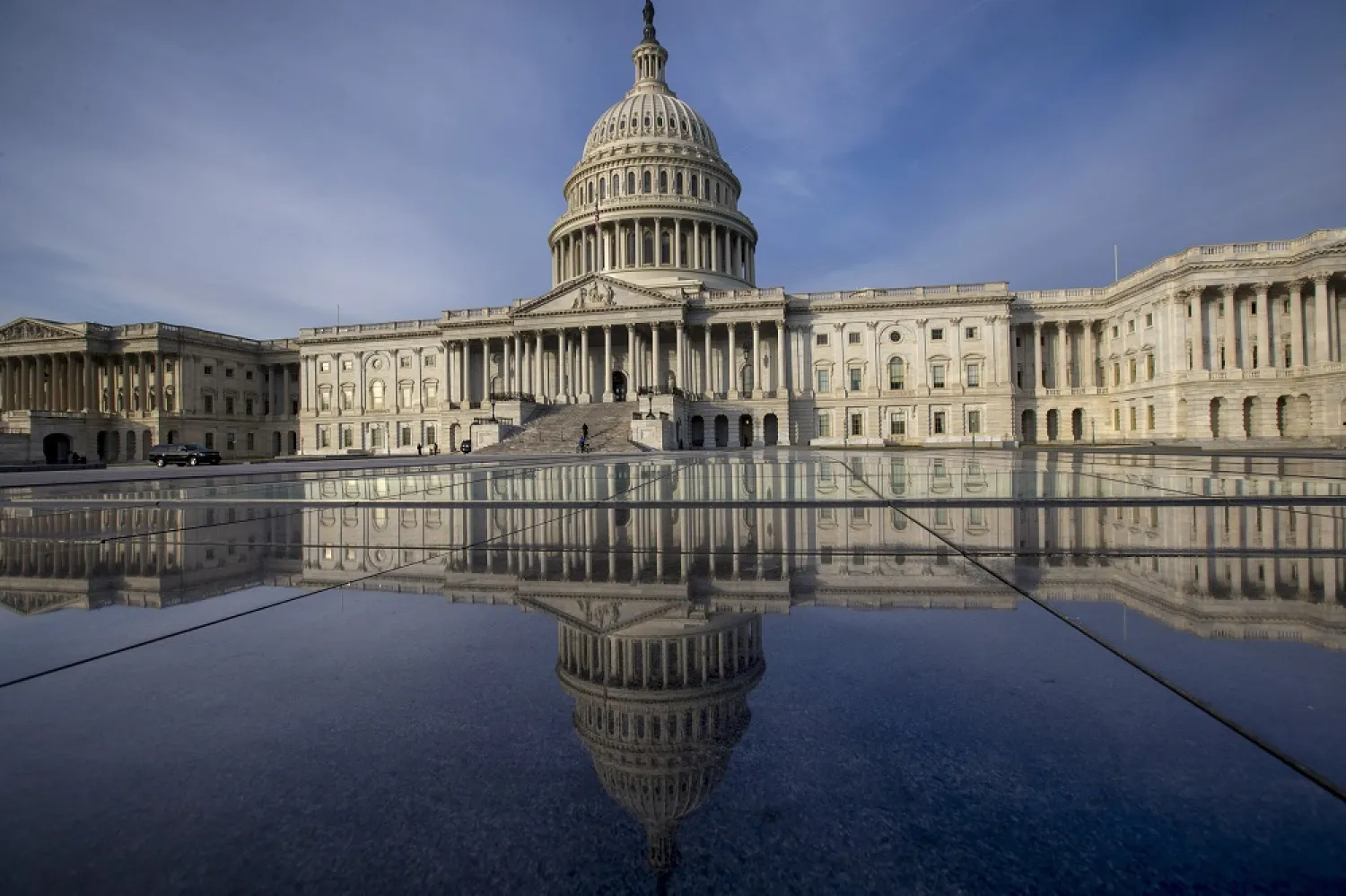The case of captagon drug trade in Syria has once again been brought up in the United States after the issue was "dropped" from the Defense Department's 2022 budget.
The Biden administration is keen on fighting this phenomenon through a draft bill that was submitted by two Congressmen last week.
Republican Congressman French Hill and Democrat Brendan Boyle submitted a new bill to Congress demanding that the federal government "develop an interagency strategy to disrupt and dismantle narcotics production and trafficking and affiliated networks linked to the Bashar al-Assad regime in Syria."
The captagon issue came to a head in Washington this month when, after the House released new compromise language for the defense bill, it came to light that an amendment dealing with the captagon issue had been mysteriously removed. In the end, Congress only expressed its support for cracking down on captagon exports in a non-binding statement
Although the Biden administration isn’t standing in the way of crafting such a strategy, observers note that it also has yet to prioritize the issue by crafting a government-wide and multilateral approach to push back against Assad’s narcotic trade. What’s strange about the situation is that the captagon provision received support from Republican and Democratic leaders of multiple committees in both houses that needed to sign off on its inclusion in the compromise text.
Senator Bob Menendez, who chairs the Senate Foreign Relations Committee, speaking to a group of Syrian Americans last week said the amendment was removed due to an administrative error and pledged to get it back into the final version of the National Defense Authorization Act (NDAA). His efforts, however, failed.
Captagon is an addictive amphetamine that’s made massive inroads across the Middle East. Forces controlled by Assad produced billions of dollars worth of the substance in 2020 — a kleptocratic enterprise that props up the Syrian government and lines Hezbollah coffers.
The New York Times quoted a Jordanian official as observing a threefold increase in the amount of crystal meth — which shares some chemical similarities with captagon and can be made in converted captagon labs — leaving Syria since the start of the year.
In a joint statement, Hill and Boyle said: "Since 2018, narcotic production and trafficking in Syria has turned Syria into a narco-state to fund its crimes against humanity. It is important we stop this trafficking and source of illicit finance."
"The US government must do all it can to disrupt the industrial level of drug production currently taking place in Syria," they urged.
Failing to do so would allow the Assad regime to "continue to drive the ongoing conflict, provide a lifeline to extremist groups, and permit American adversaries such as China, Russia, and Iran to strengthen their engagement there — posing an ever-larger threat to Israel and other partners in the region."
"It is imperative that the US takes a leading role in thwarting narcotics production in Syria so we can continue to pursue a political settlement and permanent resolution to the conflict, as outlined in UNSCR 2254."
Caroline Rose of the Newlines Institute in Washington said the draft bill is a step in the right direction.
She told Asharq Al-Awsat that as more focus is shifted towards the illicit drug trade in Syria, then the new bill has the chance to succeed.
She added that she believes it is in the administration's benefit to approve the bill because it will provide it with the opportunity to exert pressure on the regime and confront the drug trade that has harmed people's security in the region.









